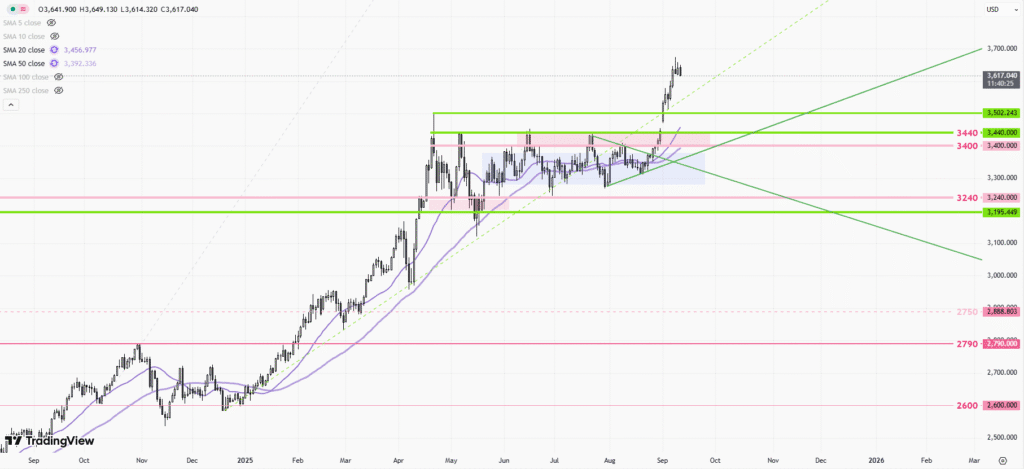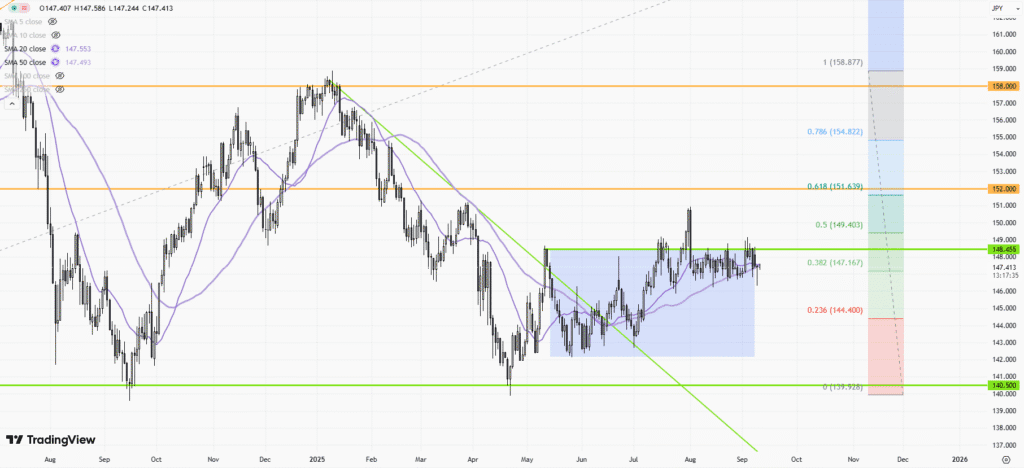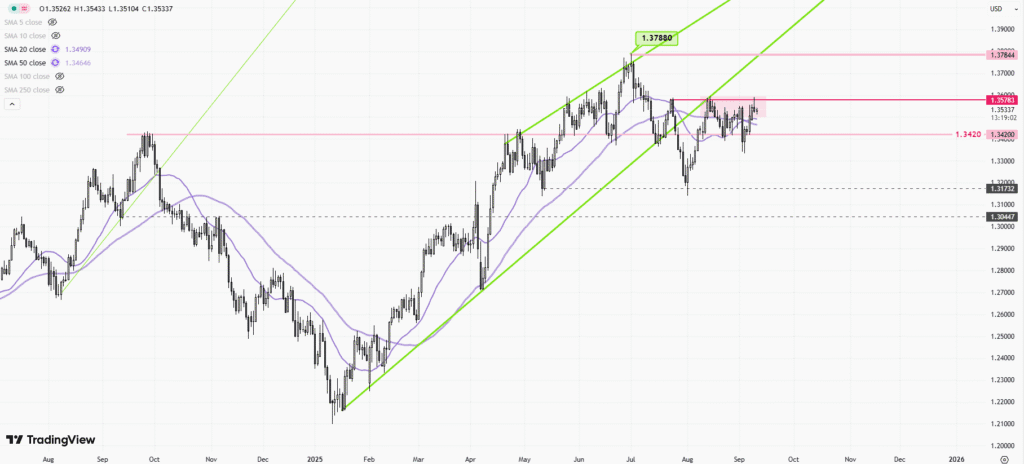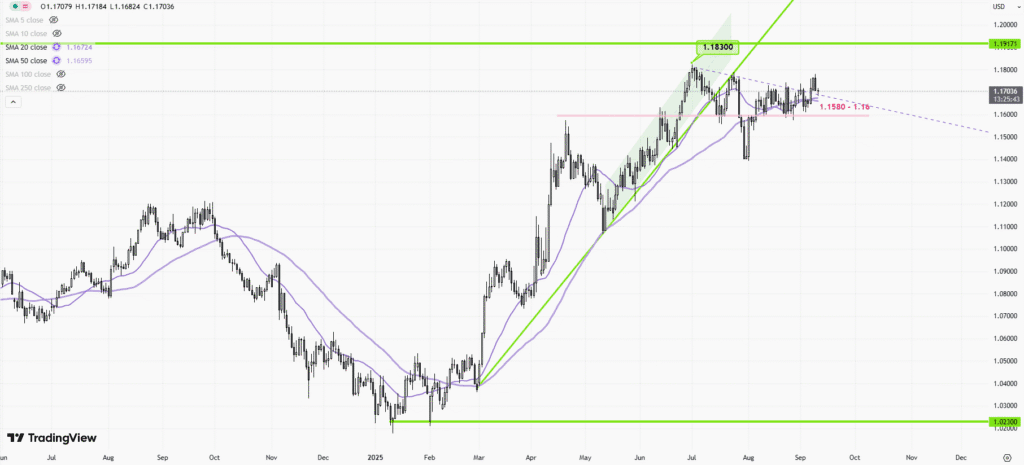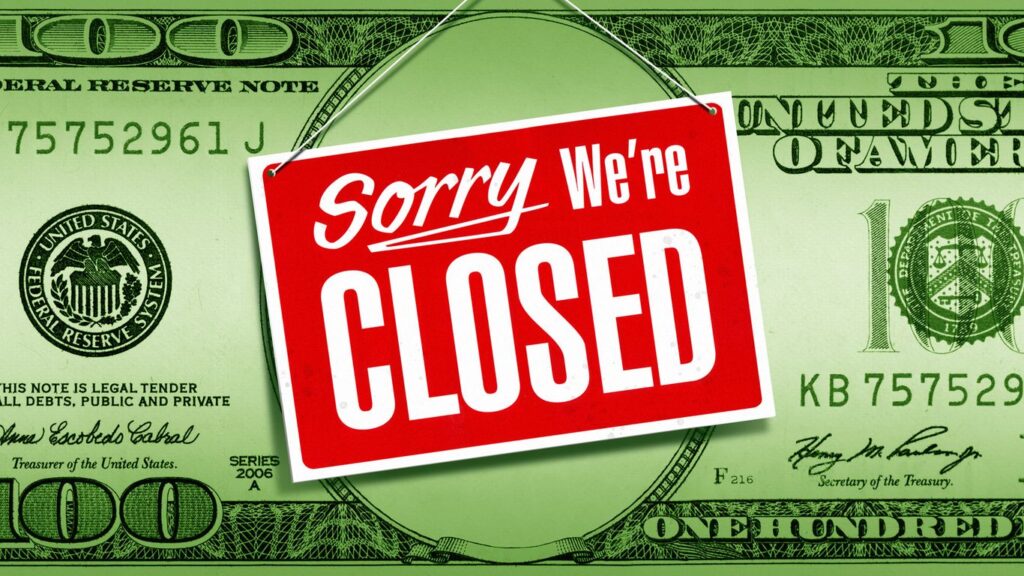 |
| Gold V.1.3.1 signal Telegram Channel (English) |
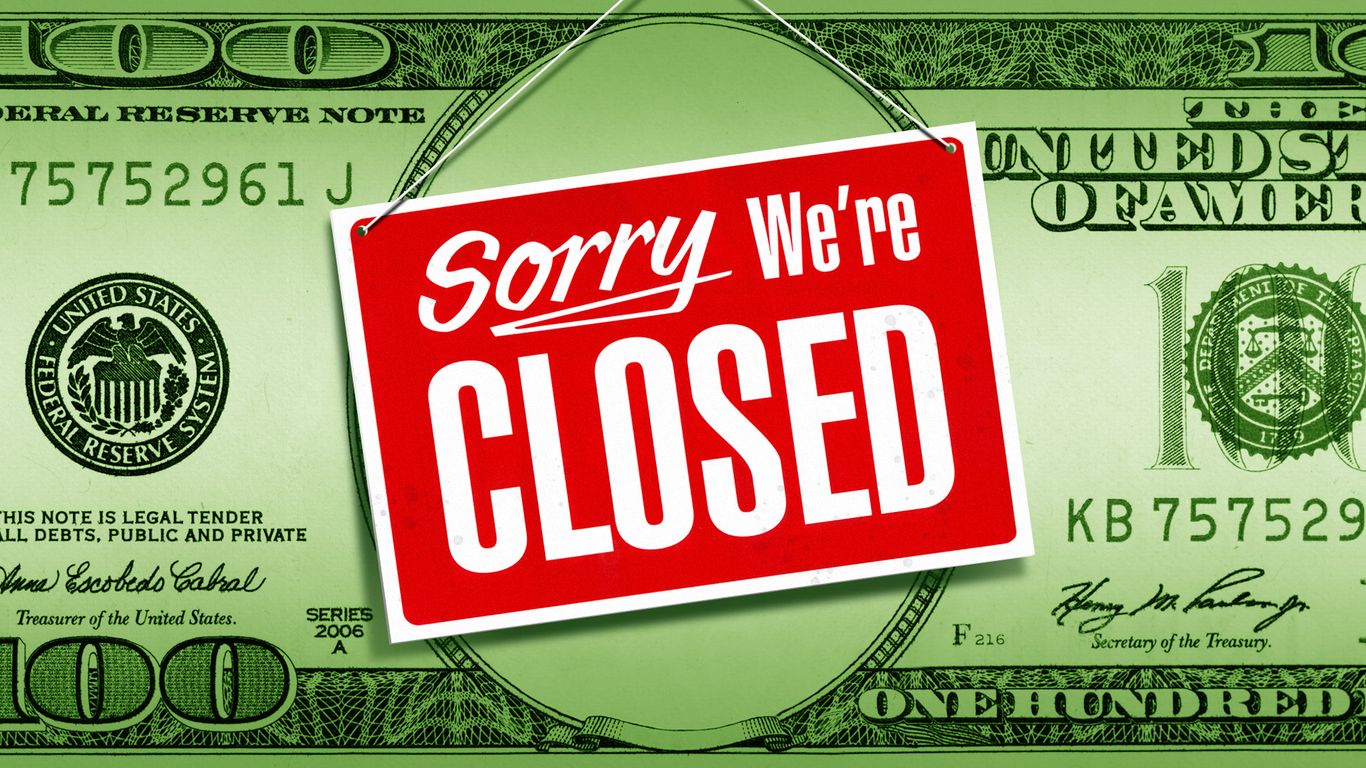
U.S. Government Shutdown 2025: Impact on Wall Street, Economy, and Investor Strategies
2025-09-29 @ 20:01
A looming U.S. government shutdown is casting a long shadow over Wall Street and the broader economy as key political negotiations remain deadlocked. With Congress once again struggling to reach an agreement on federal funding, investors, business leaders, and ordinary Americans are bracing for a cascade of disruptions that could ripple across markets and main streets alike.
What Happens During a Government Shutdown?
A government shutdown occurs when Congress fails to pass the necessary funding bills to keep federal agencies operating. This forces the government to close non-essential services, furlough hundreds of thousands of federal workers, and halt many public functions. Essential services like national security and air traffic control remain active, but numerous agencies, from the IRS to national parks, experience significant interruptions.
Immediate Effects on Wall Street
Wall Street is particularly wary of a shutdown because it tends to coincide with heightened uncertainty and volatility. As the shutdown approaches, investors grow cautious, which often translates into market swings. This instability is magnified by the timing: the shutdown threat coincides with the end of the month and the end of a fiscal quarter—both periods when institutional investors typically rebalance their portfolios or take profit, amplifying movements in the stock market.
A further complication arises from the potential delay or suspension of crucial government economic reports. Market-moving data, like the monthly jobs report, which is due out soon, might not be released on time if the relevant government offices are closed. Without such data, traders and policymakers would be making decisions with limited visibility, increasing uncertainty in an already skittish market.
Short-Term vs. Long-Term Market Impact
Historically, short government shutdowns have resulted in brief, sometimes sharp, market declines, often followed by swift recoveries once the government reopens. The immediate reaction is driven more by sentiment and the fear of the unknown than by fundamental weaknesses in the economy. As long as the shutdown is resolved quickly, the medium- to long-term impact on stock prices tends to be minimal.
However, a lengthy or contentious impasse can have more serious consequences. Extended furloughs cut into federal workers’ paychecks and reduce consumer spending. Government contractors, small business owners awaiting federal payments, and families depending on social programs may all experience mounting financial stress. If this anxiety spreads, broader economic growth may slow, eroding investor confidence.
Uncertainty Over Interest Rates and Policy
The upcoming jobs report holds extra importance because it could influence the Federal Reserve’s stance on interest rates. The Fed has recently begun a cycle of rate cuts in response to slowing inflation and a cooling labor market. Clear economic data is vital for officials determining the pace of future cuts. If the shutdown delays the jobs report, uncertainty over monetary policy could grow, adding further pressure to financial markets.
Broader Economic and Political Implications
Beyond Wall Street, the impact of a shutdown ripples through daily life. Delays in tax returns, passport processing, small business loans, and research funding can frustrate households and entrepreneurs. In a presidential election cycle or approaching midterms, the political stakes are even higher, as each party seeks to blame the other for the disruption.
This shutdown threat comes as fresh U.S. tariffs on imported goods—such as pharmaceuticals, kitchen cabinets, and heavy trucks—are set to take effect. At a moment when consumers and businesses are already sensitive to inflation and supply chain worries, new trade barriers could further complicate the economic outlook.
How Investors Can Respond
For individual investors, the best course during shutdown-induced volatility is often to hold steady. History shows that markets usually weather shutdowns with relatively minor damage, barring an exceptionally long standoff. Diversifying portfolios, holding some cash for flexibility, and focusing on long-term objectives rather than short-term headlines can help mitigate risk.
Conclusion
While a government shutdown is disruptive, its biggest economic risk lies in the uncertainty it generates rather than in any single day of lost output. For both Wall Street professionals and Main Street investors, patience and perspective are key virtues as political brinkmanship runs its course. As Congress scrambles to negotiate, the coming days will test the resilience not only of the financial markets, but also of the American public’s confidence in its leaders.


